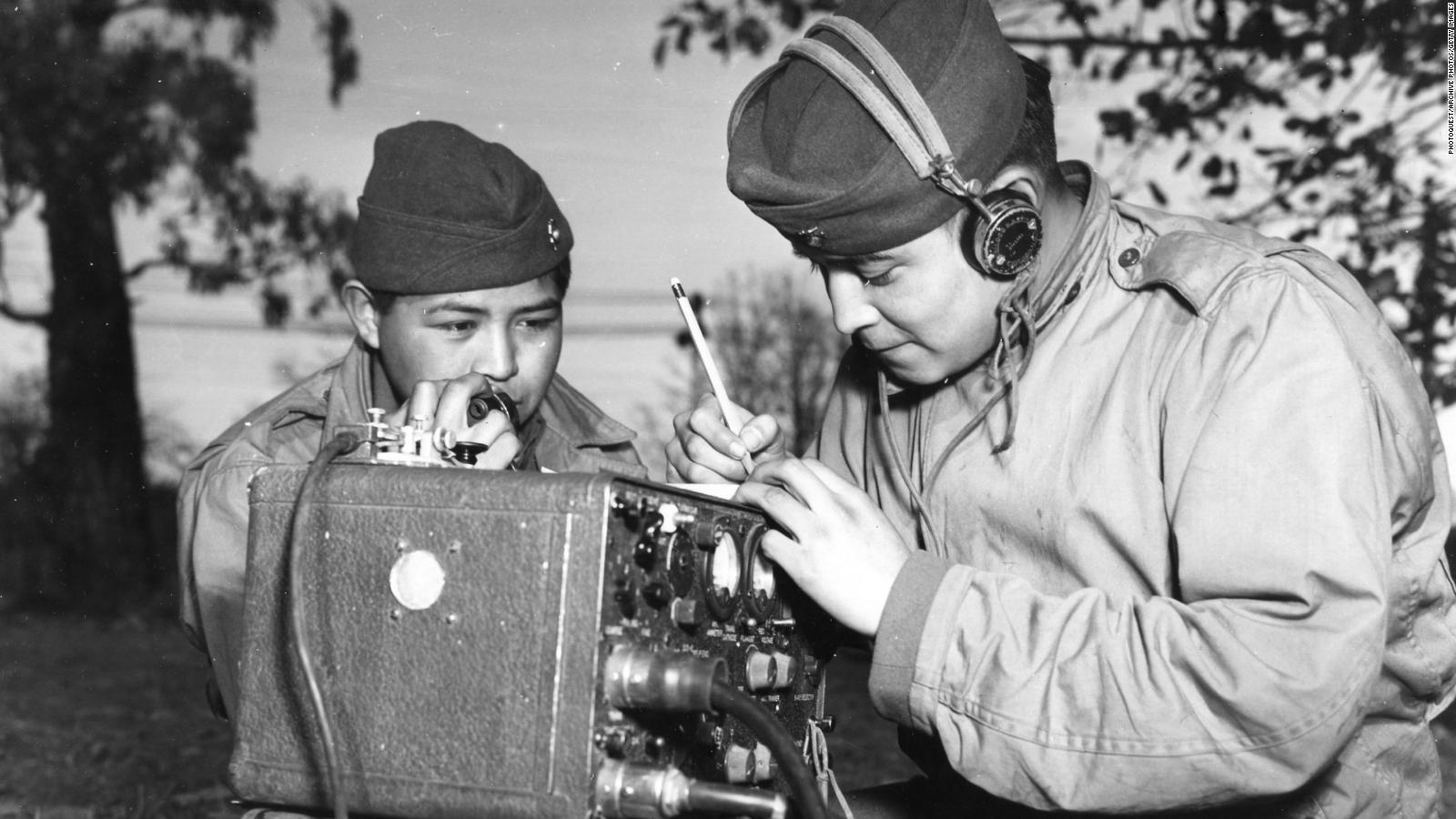An answer came from Philip Johnston, a civil engineer who lived in Los Angeles and was raised on a Navajo Reservation. He was fluent in Navajo, having grown up speaking it. His idea was to base a secret code on Navajo. This would work very well because the Navajo language is extremely complicated, and because the language did not exist in written form, so it was very hard to understand unless you were already fluent. He recruited a few Navajo men and demonstrated to Marine staff officers how effective his strategy was.
Following this, hundreds of Navajos were recruited to serve as code talkers during the war, and they continued to impress military officials through the accuracy of their communications. The Navajos devised a code in their already confusing language which they communicated in, making the secret code very hard to break. 421 Navajo code talkers completed the training, and they were assigned mostly to combat units overseas. Thanks to these Navajo code talkers, American communications were made secure, which undoubtedly helped us win the war.

http://www.historynet.com/world-war-ii-navajo-code-talkers.htm
No comments:
Post a Comment